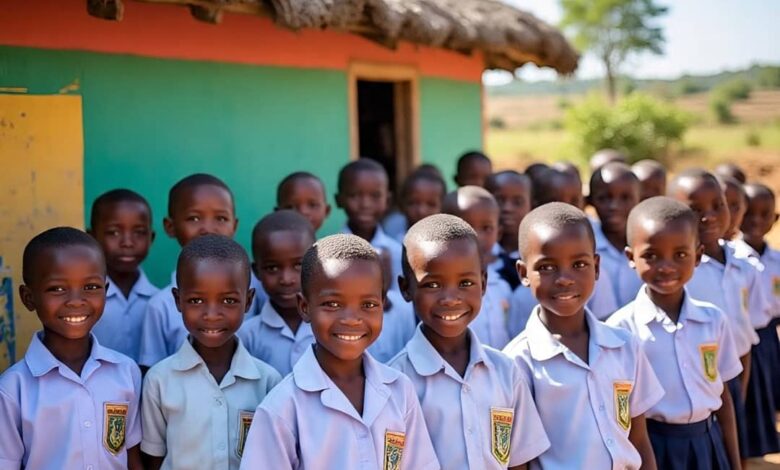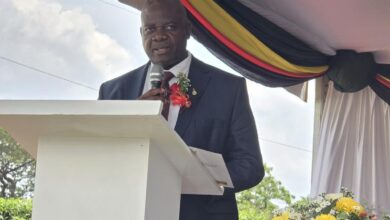Parents Bear the Brunt as Schools Open

Dumisile Tshuma
The recent reopening of schools in Lupane has highlighted a range of pressing challenges confronting parents and children, underscoring the urgent need for stronger government action to ensure equitable access to quality education. With many families struggling under economic strain, the barriers to learning are becoming increasingly difficult to overcome.
One of the most critical obstacles is the high cost of school fees. Parents are finding it harder to meet the required payments, which range from ZWL 2,000 to ZWL 5,000 per term. According to the Lupane Education Coalition, roughly 30% of students in the district risk dropping out because of non-payment. “Education should be a right, not a privilege,” says Mrs. Thabita Ndlovu, a local parent. “Yet many of us cannot afford to send our children to school because of the fees.”
Distance to schools adds another layer of difficulty, particularly for children in remote rural areas. Many pupils walk up to 10 kilometers each day to attend classes—a journey that not only poses safety risks but also affects their concentration and performance. “It’s exhausting,” laments 12-year-old Sizalobuhle Mutanga, a grade seven student from Jabatshaba. “By the time I get to school, I’m too tired to focus on my studies.”
Resource shortages further compromise the learning environment. Numerous schools lack adequate textbooks, classroom supplies, and infrastructure. “Our school does not have enough desks or learning materials,” notes Mr. Bongani Moyo, a teacher at Chitete Primary School. “This makes it difficult for us to provide quality education.” Zimbabwe’s broader economic instability—marked by soaring inflation and high unemployment—compounds these challenges. “The economic situation is dire. It impacts everything, including our children’s education,” adds Moyo.
In response, the government has introduced several initiatives aimed at improving educational access. A key measure is the proposed School Financing Policy, designed to create a more equitable framework for funding education by fostering collaboration among communities, civil society, and the private sector. The Basic Education Fund is also planned to support infrastructure development and subsidize fees for disadvantaged pupils. “We need to invest in our children’s futures,” said former education officer Melford Moyo. “This fund will help ensure that no child is left behind due to financial constraints.”
Another program, the School Improvement Grant (SIG), provides resources to schools in impoverished areas. “With this grant, we’ll be able to make necessary improvements that directly benefit our students,” says Mr. Moyo.
Teachers’ unions are also raising concerns. The Amalgamated Rural Teachers’ Union of Zimbabwe (ARTUZ) warns that the economic pressures extend beyond students to staff. ARTUZ spokesperson Mr. Thembakuye Moyo noted that 60% of school cleaners come from vulnerable households, making it difficult for families to pay fees or buy uniforms as most income goes toward food. “These families are struggling to make ends meet,” he said. Moyo also cautioned that teachers may resort to industrial action if their pay and working conditions do not improve. “We need a comprehensive approach that not only addresses student needs but also ensures that teachers are adequately compensated and supported,” he added.
To address these challenges, education advocates suggest several targeted strategies. A dedicated government fund to assist parents with school fees could help keep children in school despite financial hardships. Investment in transportation—such as subsidized school buses or bicycle programs in partnership with NGOs—would reduce the long distances rural pupils must walk. Local communities and businesses could also be encouraged to support schools through fundraising or resource mobilization. Identifying and supporting high-performing but financially disadvantaged students, like Sizalobuhle, could yield life-changing results. “If I had the support, I could achieve even more,” she reflects.
Overcoming Lupane’s education crisis will require sustained collaboration between government, communities, and development partners. Tackling key issues such as school fees, infrastructure gaps, and resource shortages is essential for Zimbabwe to move closer to providing equitable, quality education for every child. As Mrs. Ndlovu aptly puts it, “Investing in education is investing in our nation’s future.” The time to act is now.





